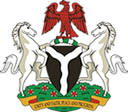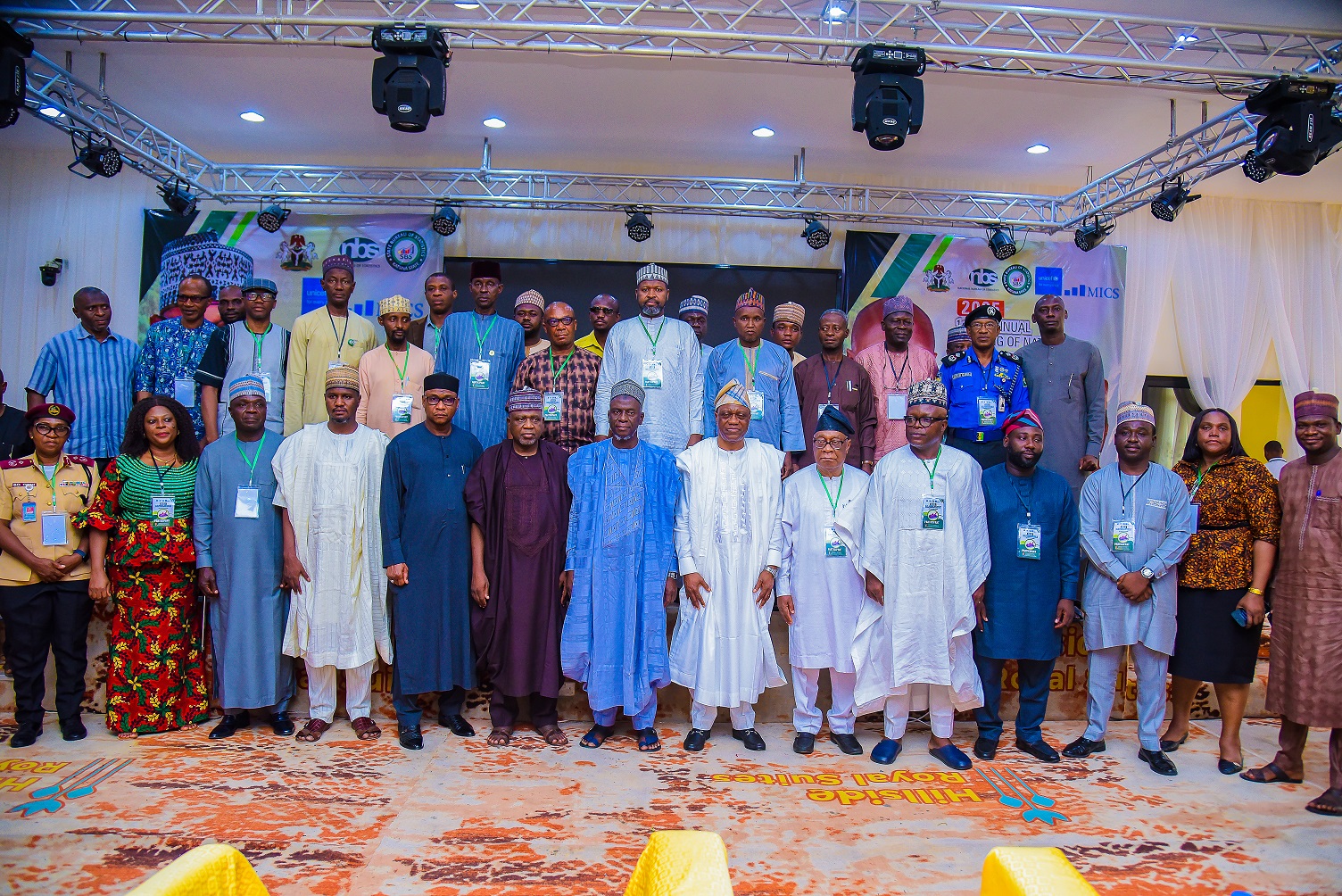Office of the Statistician-General
Stakeholders from across Nigeria’s statistical system gathered in Katsina State from 21st to 22nd May 2025 for the first biannual meeting of the National Consultative Committee on Statistics (NCCS).
The NCCS is a vital platform that brings together players from across the Nigerian Statistical System (NSS)—including state statistical agencies, Planning Research and Statistics (PRS) departments of MDAs, academia, and other data stakeholders—to coordinate statistical activities, share knowledge, and strengthen the production and use of official statistics across all levels of government.
This year’s meeting, held under the theme “Promoting Development at the Sub-national Level Through Improved State GDP Compilation,” focused on advancing work on the ongoing State GDP initiative and the Integrated System of Administrative Statistics (ISAS).
The event was declared open by the Governor of Katsina State, His Excellency Mallam Dikko Umar Radda, represented by Deputy Governor Alhaji Farouk Lawal, who noted in his address:
“Reliable statistics are essential for sound planning, budgeting, and service delivery. Katsina State is proud to support this vital conversation and remains committed to improving its data systems for better governance.”
Welcoming participants to the state, the Katsina State Statistician-General, Professor Saifullahi Sani Ibrahim, expressed appreciation to the state government for its continued support for the growth and development of statistics in the state, and reaffirmed the state’s readiness to collaborate with partners to enhance statistical capacity and infrastructure.
In his keynote address, the Statistician-General of the Federation, Prince Adeyemi Adeniran, called for a renewed sense of urgency and commitment to the state GDP exercise:
“This meeting comes at a crucial time. We must show greater urgency toward advancing ongoing exercises such as the State GDP compilation and the ISAS. The ownership and active involvement of states is vital to the success and credibility of these efforts,” he said.
“The purpose of data production is for its usage and application. If State Authorities do not take ownership of the process, the likelihood of meaningful impact will be greatly diminished,” he added.
A lead presentation on the theme was delivered by renowned economist, Professor Ode Ojowu, who highlighted the critical role of timely and credible GDP data in attracting investment, guiding policy, and measuring development progress at the state level.
Group Photograph
Day 1 Highlights
The technical sessions for day 1 focused on the following:
- Participants received zonal presentations on State GDP compilation efforts, with each geopolitical zone providing updates on their methodologies, challenges, and progress.
- The NBS also provided a national update on the ongoing GDP compilation effort, including integration with data collected during the national GDP rebasing exercise and from establishment and administrative sources in the states.
Day 2 Highlights
The second day focused on technical knowledge sharing and updates, including:
- A detailed presentation by NBS on the Integrated System of Administrative Statistics (ISAS), aimed at improving the collection, analysis, and dissemination of administrative data using digital tools.
- Updates on the Multiple Indicator Cluster Survey (MICS7), which covers vital indicators on health, education, and child welfare.
- Reports from all State Bureaus of Statistics on ongoing and planned statistical activities, offering a platform for experience-sharing and collaboration.
The meeting reaffirmed the importance of synergy within the statistical system and strengthened commitments toward ensuring that states not only contribute to but also own and utilize the data being generated.
As the NCCS continues to provide strategic direction for statistical coordination, this first meeting of 2025 sets a strong foundation for increased sub-national statistical engagement and more impactful use of data for development planning across Nigeria.



